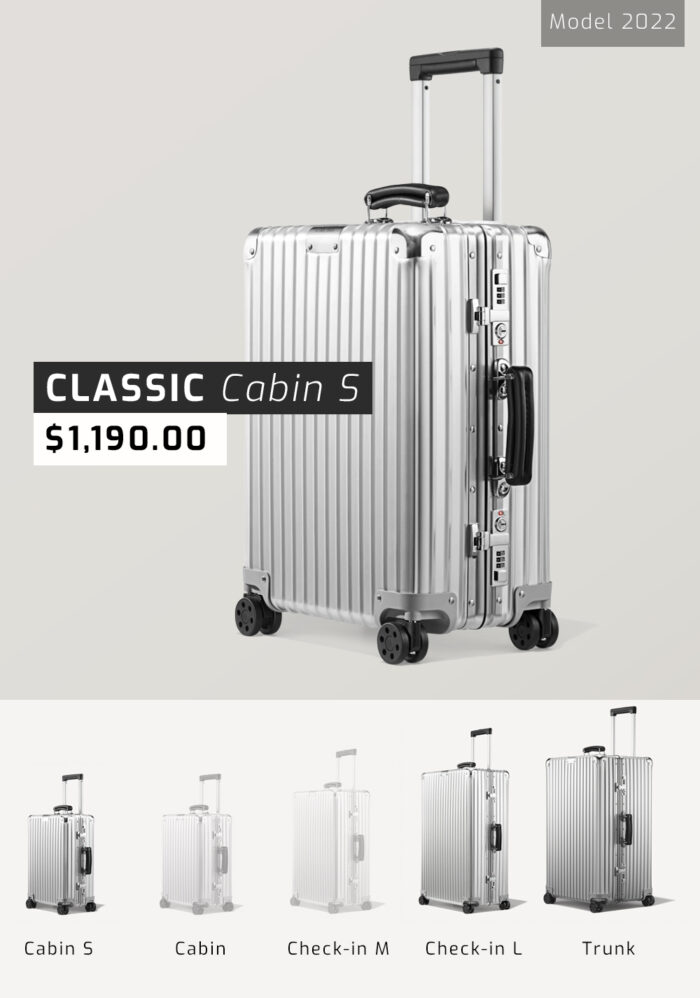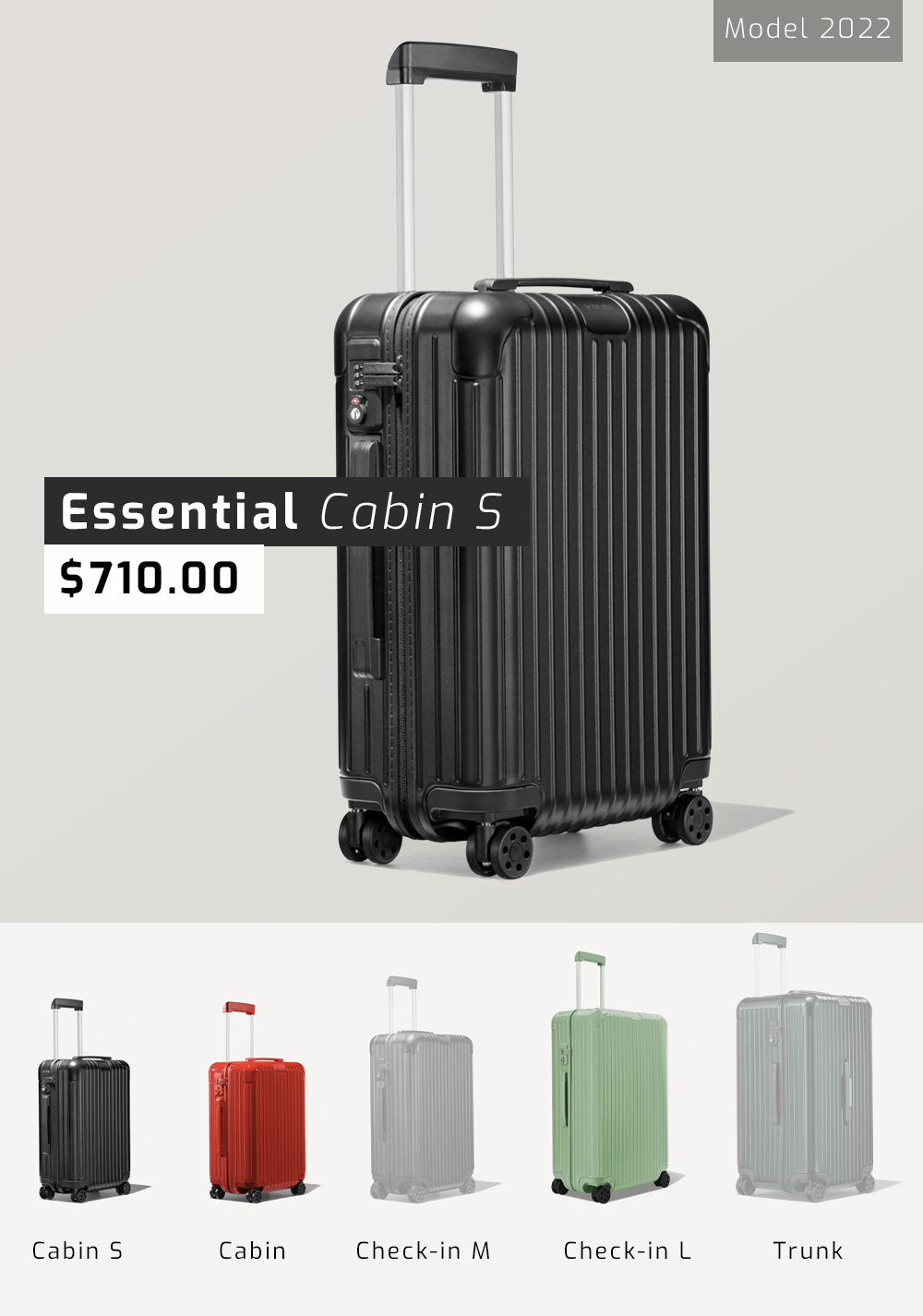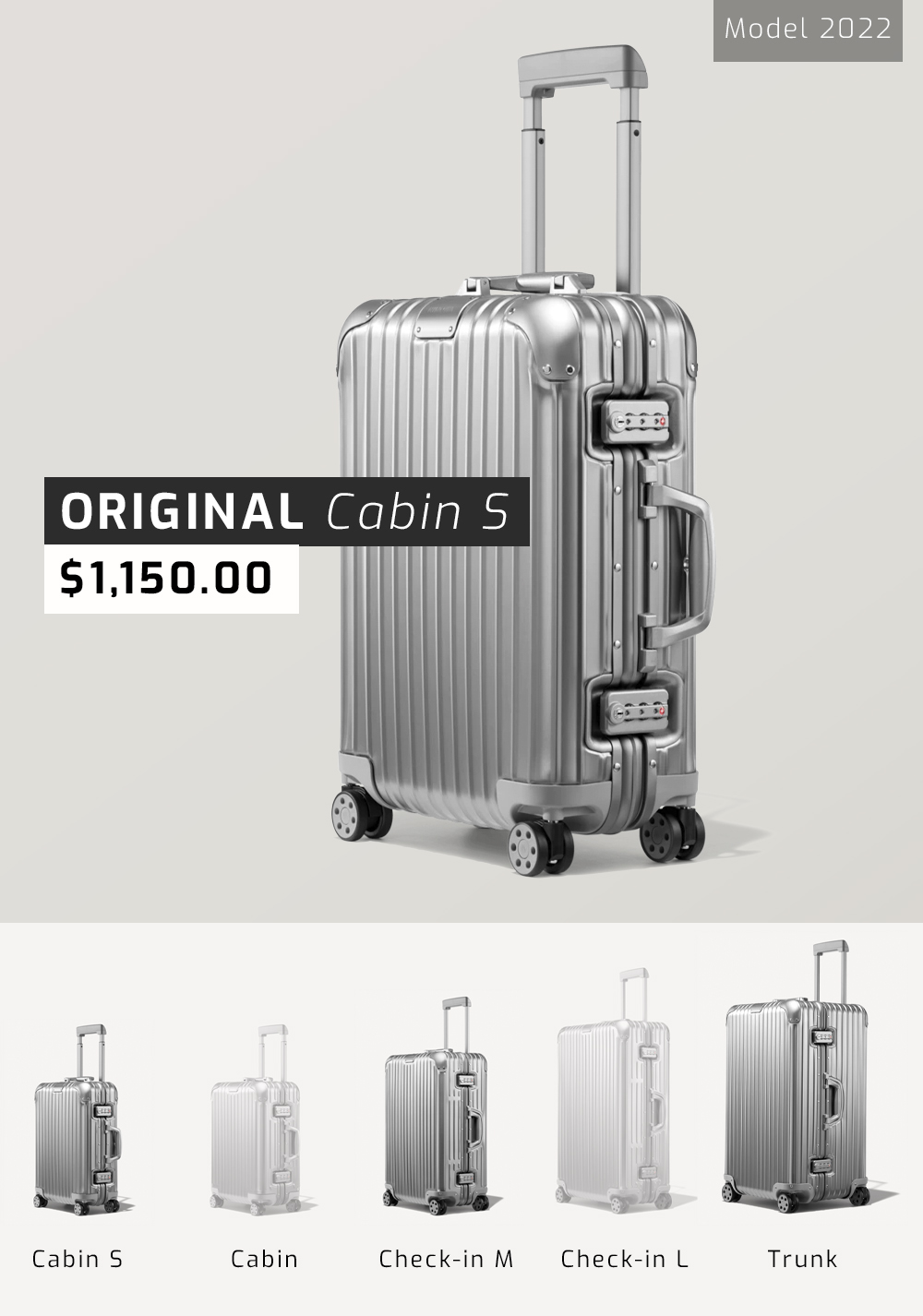Best Travel Insurance Plans: How to Choose the Right Coverage
Traveling is an exciting opportunity to see the world, but has its share of risks. Unexpected events, like flight cancellations, lost luggage, or medical emergencies, can disrupt even the most carefully planned trips.
This is where travel insurance steps in. It serves as a financial safety net, helping cover the costs of unforeseen problems that might arise during your trip. Without the right coverage, you could find yourself facing hefty bills or dealing with complicated logistics on your own.
Travel insurance offers more than just medical coverage. It can protect against trip cancellations, flight delays, and emergency evacuations. Having this protection in place ensures that you’re not left scrambling when things go wrong.
Evaluating travel insurance allows you to avoid overspending on unnecessary coverage while ensuring you’re prepared for the most likely risks. Knowing what to look for can save you from financial stress and the frustration of dealing with unexpected situations alone.
In this post, we’ll break down the types of travel insurance coverage available and the factors you should consider when selecting a plan. We will also highlight some of the best providers in the industry.
Types of travel insurance coverage
When planning your trip, it’s essential to understand the variety of travel insurance coverage options available to ensure you’re protected against the most common risks. Here are seven of the most popular types of travel insurance coverage, tailored to offer peace of mind for various travel scenarios.
1. Comprehensive travel insurance
Comprehensive travel insurance is the most popular and all-encompassing type of coverage available. It provides a broad safety net, combining multiple forms of protection under a single policy.
This coverage typically includes trip cancellation, baggage loss, medical expenses, and more, making it ideal for travelers who want complete protection.
One of the main advantages of comprehensive travel insurance is its trip cancellation coverage, which reimburses non-refundable expenses if your trip is unexpectedly canceled or interrupted.
Comprehensive plans also usually cover medical evacuation, which ensures you are transported to a medical facility if a severe health issue arises. This can be a lifesaver for international travelers, as evacuation costs can run into thousands of dollars.
2. Trip cancellation coverage
Trip cancellation coverage is one of the most sought-after components of travel insurance. It offers reimbursement for prepaid expenses if you need to cancel your trip for a covered reason.
Covered reasons include illness, injury, severe weather, or job loss. This coverage is crucial for ensuring you don’t lose financially due to unforeseen circumstances.
For example, if a family member falls ill before your departure, trip cancellation coverage helps you recover the costs of flights, hotels, and excursions.
Some policies also offer protection for missed departures, providing additional financial security if you miss your flight due to factors like traffic accidents or public transportation delays.
3. Baggage loss and delay insurance
Losing your luggage or experiencing a baggage delay can significantly impact your trip. Baggage loss insurance compensates for the value of your belongings if they are permanently lost during your travels, whether during a flight or a hotel transfer.
Baggage delay insurance offers coverage for the essentials you may need to purchase if your bags are delayed for an extended period. This could include toiletries, clothing, and other necessities while you wait for your luggage to arrive.
Baggage insurance may also include rental car coverage for any belongings stolen from a rental vehicle. This provides additional security, especially for those renting cars in foreign countries or unfamiliar cities where theft might be more common.
4. Emergency medical expenses
Medical emergencies abroad can be overwhelming, particularly if your domestic health insurance doesn’t cover international travel. Emergency medical expenses insurance steps in to help cover the costs of treatment for unexpected illnesses or injuries during your trip.
If you have pre-existing conditions, ensuring your policy covers related treatment is vital. Some plans offer coverage for pre-existing conditions, provided the condition is stable and disclosed before the trip.
Travel medical insurance is essential for travelers embarking on adventurous trips, such as hiking or skiing, where the risk of injury is higher.
5. Emergency evacuation insurance
Emergency evacuation insurance ensures you’re transported to the nearest appropriate medical facility when a medical emergency requires immediate and specialized care.
This type of insurance is beneficial if you are visiting remote locations where local hospitals may not be equipped to handle severe conditions.
For example, an emergency evacuation could mean the difference between life and death if you’re trekking in the mountains or traveling to a country with limited healthcare infrastructure. Medical evacuation insurance covers the high costs of airlifts or other emergency transport, reaching tens of thousands of dollars.
In severe cases, this coverage also includes repatriation of remains, ensuring that your family does not bear the financial burden of returning your body home should the unthinkable happen.
6. Trip interruption insurance
Similar to trip cancellation coverage, trip interruption insurance reimburses you for lost trip expenses if your journey is cut short due to unforeseen circumstances.
Covered reasons for interruption can include family emergencies, natural disasters, or severe illness that forces you to return home early.
Trip interruption insurance helps cover unused, non-refundable portions of your trip, such as hotel bookings or tours. It may also include additional costs incurred while returning home, like last-minute flights or unexpected transportation expenses.
This type of insurance is valuable for international travelers, as rescheduling international flights can be expensive and stressful. It ensures you won’t face severe financial losses even if your trip is unexpectedly shortened.
7. Baggage cover and insurance
When traveling, losing or damaging personal belongings can disrupt your plans and lead to costly replacements. Baggage cover offers compensation for personal items like clothing, electronics, and other valuables lost, damaged, or stolen while on the road.
Many travel insurance policies also offer baggage insurance as a broader package. This can include reimbursement for permanent loss and damage of your belongings, ensuring you’re not left to replace your valuables out-of-pocket.
Baggage delay coverage compensates for essential items you must purchase if your luggage is delayed for a certain period (typically 12–24 hours). This can be especially helpful for international trips, where waiting for baggage to arrive may take longer.
Factors to consider when choosing a travel insurance plan
Selecting the right travel insurance company ensures you receive the best coverage. Here are five key points to guide you in this process:
Assess coverage options
When comparing travel insurance plans, look for a company offering a comprehensive range of coverage options. Essential coverages should include trip cancellation and interruption, and unexpected medical expenses.
It’s crucial to ensure that the plan covers your trip cost and any initial trip deposit while providing insurance for canceled flights and specialized coverage tailored to your travel needs, such as evacuation coverage for remote destinations.
Consider your travel circumstances, including destination risks and activities planned. If your itinerary includes high-risk activities, ensure adequate coverage for those situations.
Evaluate company reputation and reviews
Research the reputation of travel insurance providers to ensure reliability. Look for customer reviews and ratings to gauge previous travelers’ experiences.
Websites specializing in travel insurance comparisons can provide insights into the best companies and customer satisfaction levels.
Check for a transparent claims process and robust assistance services. A provider that offers 24/7 support can be invaluable during emergencies, and understanding their claims settlement rates will help you assess their reliability.
Understand the costs and deductibles
Generally, travel insurance costs are a small percentage of your total trip cost. Compare premiums based on medical expense coverage and evacuation coverage to ensure you’re getting adequate coverage for the price you pay.
Pay attention to deductibles, the amount you must pay out of pocket before insurance kicks in. Balancing affordability and protection will help you choose the right plan.
Check for pre-existing conditions coverage
If you have pre-existing medical conditions, determine how different providers handle this aspect. Some insurance companies cover pre-existing conditions, while others may exclude them.
Look for plans that provide a waiver for pre-existing conditions if you purchase your policy soon after making your initial trip deposit.
Consider the medical coverage limits set by the insurance provider to ensure their policies offer sufficient limits for your health needs and include provisions for unexpected medical expenses.
Compare policies and purchase options
Before finalizing your decision, compare travel insurance plans from various providers. Look for features like primary versus secondary coverage, as this can impact how claims are paid.
Consider purchasing annual travel insurance if you plan to travel frequently throughout the year. This type of policy often provides better value and can save you time compared to buying separate plans for each trip.
Top travel insurance providers and plans
When choosing a travel insurance company, it’s important to understand the specific plans they offer to match your needs.
Below are five of the best travel insurance companies, with a brief explanation of their offerings and most popular plans.
1. Allianz Global Assistance
Allianz is a well-known provider offering various plans suitable for different travelers. From single-trip to annual coverage, their plans cater to various travel needs, with options for those seeking comprehensive protection or budget-friendly choices.
- OneTrip Prime Plan: Comprehensive coverage for trip cancellation, interruption, medical expenses, and rental cars.
- OneTrip Basic Plan: A budget-friendly option with essential coverage for travelers needing basic protection.
- AllTrips Premier Plan: Ideal for frequent travelers, providing annual coverage with higher coverage limits and broad protection.
2. World Nomads
World Nomads specializes in insurance for adventurous travelers and backpackers. They offer flexible plans that cover high-risk activities, medical evacuations, and unexpected events during international travel.
- Standard Plan: Includes medical expense coverage, trip cancellation, and coverage for adventure activities.
- Explorer Plan: Offers higher medical limits and expanded coverage for extreme sports and high-risk destinations.
- World Nomads Extended Travel Plan: Long-term coverage for international travelers on extended trips, with flexibility to extend coverage while traveling.
3. Travel Guard by AIG
AIG’s Travel Guard is known for its versatile plans, allowing customization based on individual travel needs. They offer many coverage options, from basic to deluxe, with options to add rental car protection and coverage for pre-existing medical conditions.
- Preferred Plan: A balanced plan with trip cancellation, medical expenses, and evacuation coverage.
- Essential Plan: A more affordable plan offering basic protection, ideal for short or domestic trips.
- Deluxe Plan: This is premium coverage with higher limits and additional benefits, such as canceling for any reason and rental car coverage.
4. IMG (International Medical Group)
IMG offers a wide range of travel insurance plans, making them a top choice for international travelers who need comprehensive medical and trip coverage. They provide options for single-trip and long-term travelers, with strong medical evacuation and medical expense coverage.
- iTravelInsured Travel LX: Includes trip cancellation, interruption, and high medical coverage limits with evacuation services.
- Patriot Exchange Program: Offers short-term medical coverage, emergency evacuation, and repatriation benefits.
- GlobeHopper Senior: Designed specifically for seniors traveling internationally, providing medical and trip protection with flexible policy options.
5. Berkshire Hathaway Travel Protection
Berkshire Hathaway stands out for its fast claims processing and innovative technology. Its plans are tailored for different travel styles, from business to cruises, and offer strong coverage for medical emergencies and trip cancellations.
- ExactCare: Comprehensive coverage with trip cancellation, medical expenses, and rental car protection.
- AirCare: Focused on flight-related issues such as delays, cancellations, and missed connections.
- WaveCare: Specialized coverage for cruise travelers, including medical emergencies and trip interruptions.
Tips for filing a travel insurance claim
Filing a travel insurance claim can seem complicated, especially when dealing with the stress of a trip disruption or medical emergency. However, understanding the process and following key steps can guarantee a smooth and successful claims experience.
Here are some essential tips when filing a claim with your travel insurance provider:
Document everything
From the moment you experience a travel issue, gather documentation. This could include receipts for rental cars, emails about cancelled flights, or medical reports detailing unexpected medical expenses. Having thorough proof will make your claim stronger.
For medical expense coverage, keep all hospital bills and receipts for treatments. If you experience a trip cancellation, save confirmation emails or travel itineraries. Documenting everything from the start ensures you’re ready when it’s time to file.
Contact your provider quickly
It’s essential to notify your travel insurance provider as soon as possible. Providers often require incidents to be reported within a specific time frame. Prompt notification ensures you’re within the claim window and can get guidance on the next steps.
Many travel insurance companies offer 24/7 support, so contact them immediately for any medical evacuation or trip interruption issues. Early communication helps you avoid complications during the claims process.
Know your coverage
Familiarize yourself with your policy’s details, such as medical coverage limits and exclusions, such as pre-existing medical conditions. Understanding what’s covered will prevent surprises and help you file claims for eligible expenses.
Check your plan’s limits on trip cost or evacuation coverage so you know how much you can expect to be reimbursed. Knowing your coverage makes the claim process faster and more efficient.
Fill out forms accurately
When submitting your claim, ensure all forms are filled out correctly and include the necessary documentation. This could mean medical receipts, rental car contracts, or evidence of a cancelled flight. Incomplete forms can lead to delays.
Ensure the forms align with your coverage, whether it’s primary coverage or specialized coverage. Accurate paperwork helps speed up claim processing.
Follow up on your claim
After filing, don’t hesitate to follow up with your provider. Tracking the progress of your claim ensures it stays on course and alerts you to any additional documentation needed.
Keep records of communication, including your claim number. Regular follow-up ensures your claim doesn’t fall through the cracks and helps speed up reimbursement.
Takeaway: Secure your peace of mind with travel insurance
Traveling is an adventure full of new experiences and excitement, but unexpected events can quickly turn a dream trip into a nightmare.
Understanding the types of travel insurance available and how to choose the right plan can help protect you from financial loss and unnecessary stress.
Don’t leave your travel plans to chance. Review travel insurance plans and select one that meets your specific needs.
For insights on traveling with Rimowa suitcases, check out Graceful Degrade, your go-to resource for everything related to this luxury brand.
FAQs
As you consider the best travel insurance options for your next adventure, here are some common questions to help you navigate the complexities of coverage and ensure you’re fully protected.
What is the cost of travel insurance?
Travel insurance costs vary based on factors like the length of your trip, the coverage limits, and your destination. On average, a good policy will cost around 4% to 6% of your total trip cost.
Does travel insurance cover flight cancellations?
Many travel insurance plans include trip cancellation coverage, which can compensate you for non-refundable expenses if you must cancel your trip for covered reasons.
Which insurance plan is the best for international travel?
The best insurance plan for international travel typically includes comprehensive medical coverage, emergency evacuation benefits, and trip cancellation protection. It’s critical to compare multiple plans to find one that fits your needs.
What is considered a reasonable rate for travel insurance?
A reasonable rate for travel insurance generally falls between 4% to 6% of your total trip cost. However, prices may vary based on coverage options and the traveler’s age or health status.





